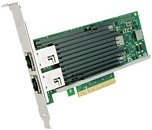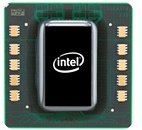
Blizzard Announces Expanded Currency Support on Battle.net
As part of our effort to make Battle.net more welcoming to more players, we routinely review which currencies we support and what new ones we should add. This can make submitting payments less difficult and may help reduce or eliminate fees you pay to your card issuer for foreign currency transactions. Subscriptions for Argentinian players will be canceled and not automatically renewed to avoid enrolling players into subscriptions that may see a price increase in Argentina after this currency update.
The new currencies we're rolling out include: United Arab Emirates dirham (AED), Colombian peso (COP), Costa Rican colon (CRC), Indonesian rupiah (IDR), Israeli new shekel (ILS), Malaysian ringgit (MYR), Peruvian sol (PEN), Qatari riyal (QAR), Serbian dinar (RSD), Saudi riyal (SAR), Singapore dollar (SGD), Thai baht (THB), and Uruguayan peso (UYU). We've put together a brief FAQ to provide you with more information on the coming changes.
The new currencies we're rolling out include: United Arab Emirates dirham (AED), Colombian peso (COP), Costa Rican colon (CRC), Indonesian rupiah (IDR), Israeli new shekel (ILS), Malaysian ringgit (MYR), Peruvian sol (PEN), Qatari riyal (QAR), Serbian dinar (RSD), Saudi riyal (SAR), Singapore dollar (SGD), Thai baht (THB), and Uruguayan peso (UYU). We've put together a brief FAQ to provide you with more information on the coming changes.

























